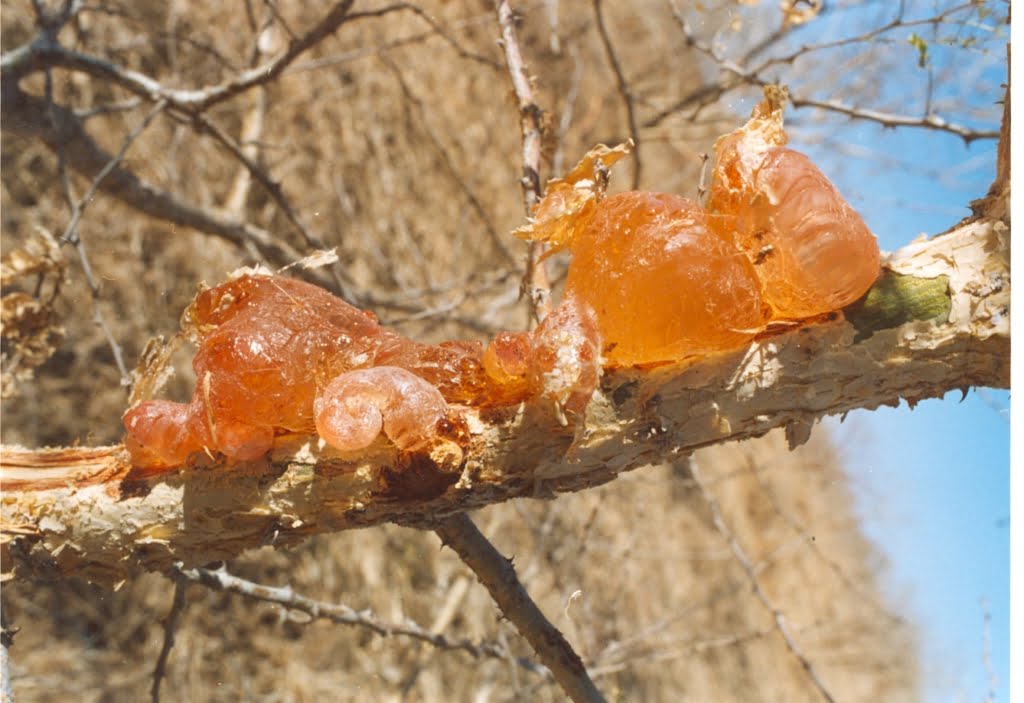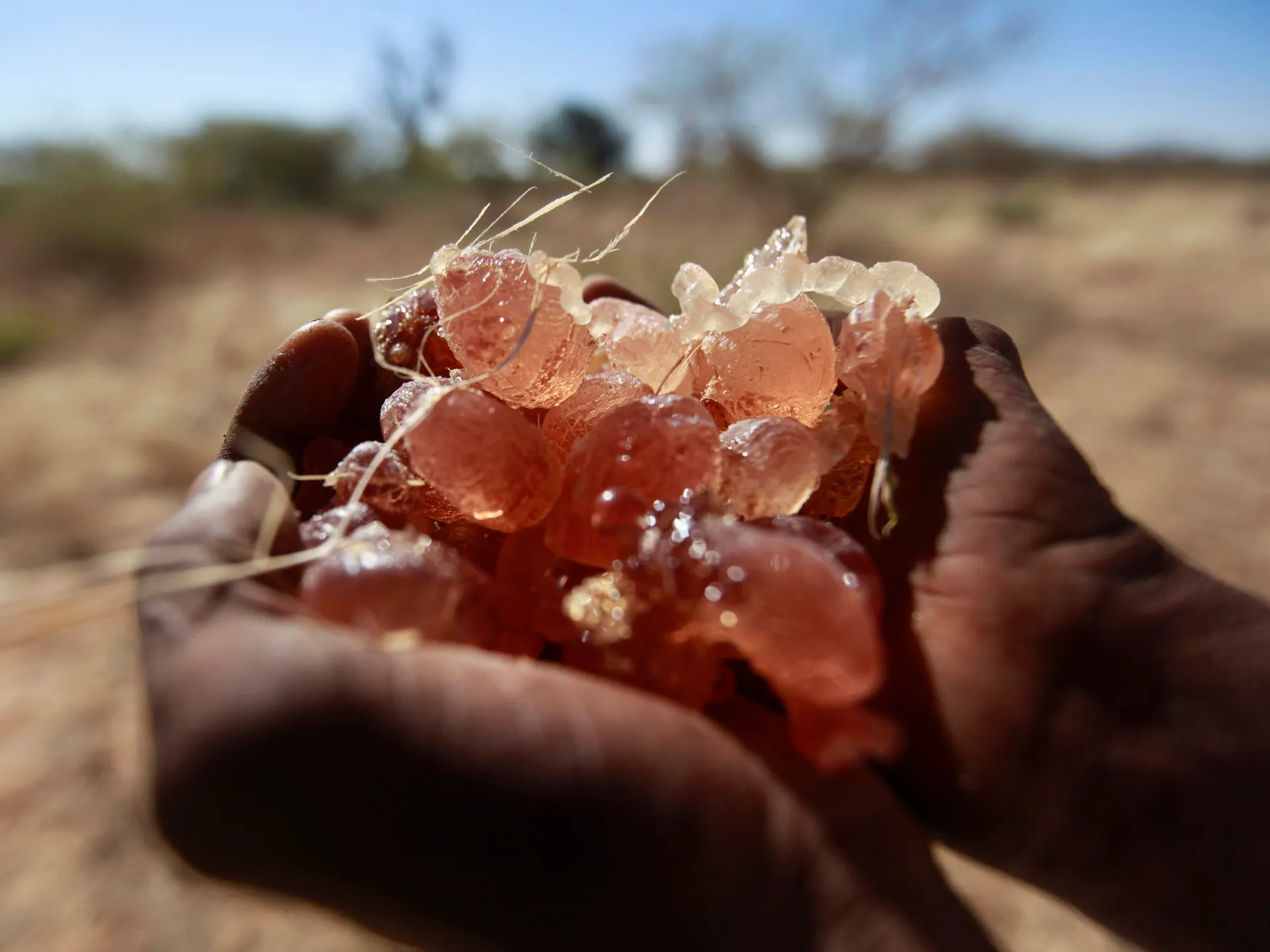Do you know Arabic gum can be a catalyst for rural development projects? This natural wonder, harvested from the Acacia trees of Africa, is more than just a valuable export—it’s a lifeline for countless rural communities. As demand for Arabic gum grows worldwide, its potential to drive economic empowerment, environmental sustainability, and social progress in rural regions becomes undeniable.
The Role of Arabic Gum in Rural Economies
Arabic gum is primarily sourced from countries like Sudan, Nigeria, Chad, and Senegal, where it serves as a major source of income for smallholder farmers. These farmers rely on Arabic gum as a drought-resistant crop that thrives in arid conditions, making it a reliable source of livelihood even in harsh climates. By investing in Arabic gum production, rural communities can achieve economic stability and reduce poverty.
Job Creation and Economic Growth
The Arabic gum supply chain—from harvesting to processing and export—creates numerous job opportunities. Many rural families depend on it for income, and the industry supports roles in:
- Harvesting and collection – Farmers extract gum from Acacia trees, providing employment in regions with limited job options.
- Processing and value addition – Arabic gum is cleaned, sorted, and processed for various industries, from food and pharmaceuticals to cosmetics and adhesives.
- Logistics and trade – Local and international demand boosts rural commerce, creating opportunities for small businesses to thrive.
Environmental Benefits: A Sustainable Agroforestry Model
Unlike crops that require extensive irrigation and chemical inputs, Arabic gum trees play a crucial role in combating desertification and land degradation. These trees:
- Enhance soil fertility and prevent erosion
- Act as carbon sinks, reducing the impact of climate change
- Provide shade and shelter, fostering biodiversity in arid landscapes
Encouraging Arabic gum cultivation through sustainable agroforestry practices helps maintain ecological balance while offering economic benefits to farming communities.

Empowering Women and Strengthening Communities
Women play a significant role in Arabic gum production, from collection to processing and trade. Investing in Arabic gum cooperatives empowers women economically, improving their access to education, healthcare, and entrepreneurial opportunities. Strengthening rural communities through gender-inclusive initiatives fosters long-term development and resilience.
Arabic Gum in Global Trade: Expanding Market Opportunities
The global demand for Arabic gum is on the rise, driven by its applications in:
- Food and beverages (as a natural stabilizer in soft drinks, confectionery, and baked goods)
- Pharmaceuticals and nutraceuticals (for medicinal syrups, dietary supplements, and gut health products)
- Cosmetics and skincare (as a natural thickener and emollient in beauty formulations)
By integrating rural farmers into global value chains, Arabic gum strengthens international trade while uplifting local economies. Platforms like Ajigofarms bridge the gap between farmers and global buyers, ensuring fair trade practices and ethical sourcing.
The Future of Arabic Gum in Rural Development
Governments, NGOs, and private sectors are recognizing the potential of Arabic gum in rural development. Investing in research, sustainable harvesting, and fair trade policies can enhance its impact, ensuring long-term benefits for rural communities.
In conclusion, Arabic gum is more than just a commodity—it’s a driver of rural prosperity, environmental conservation, and global trade. By supporting Arabic gum initiatives, companies like Ajigofarms contribute to a sustainable future where smallholder farmers thrive, communities prosper, and nature flourishes.




